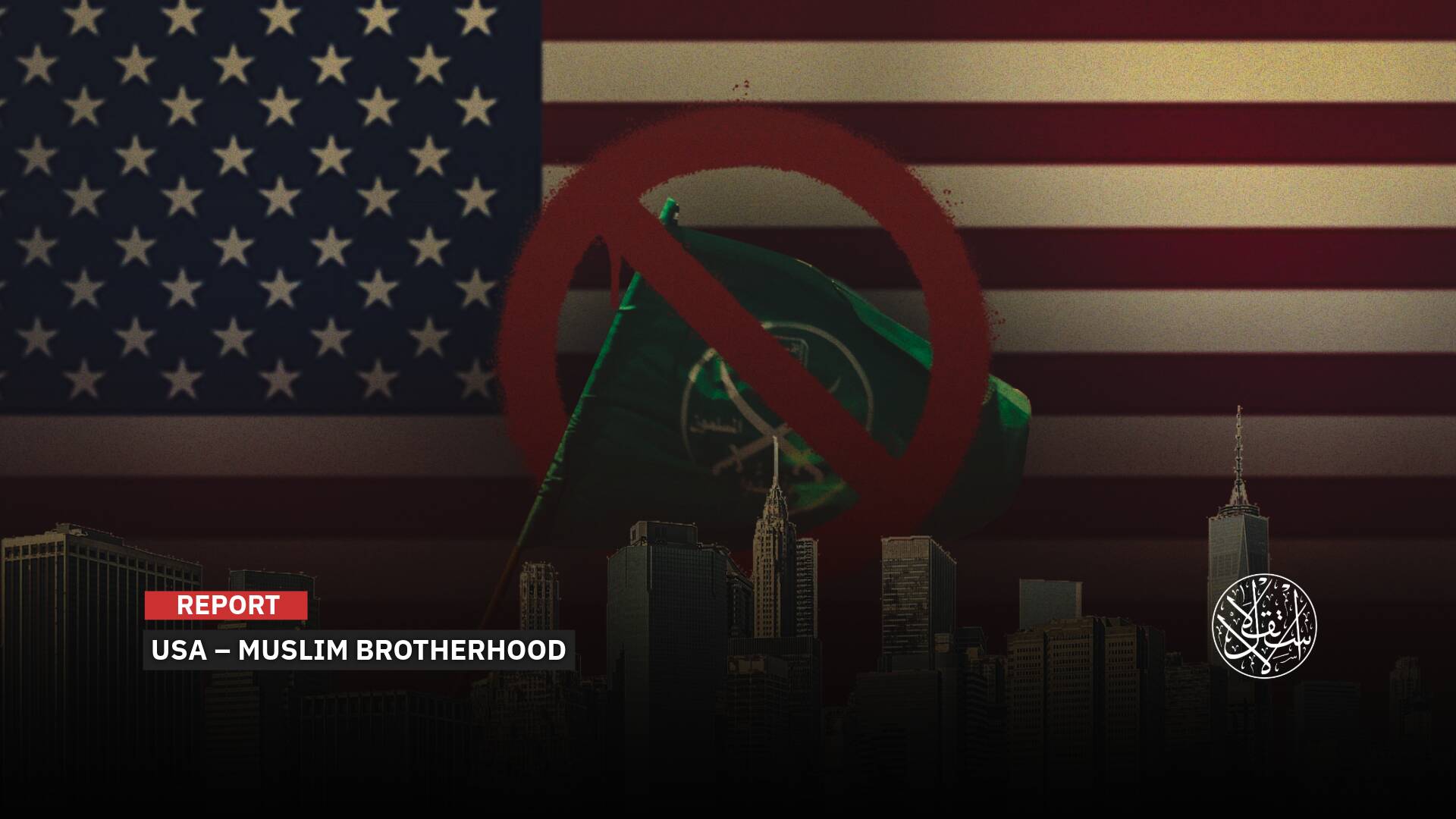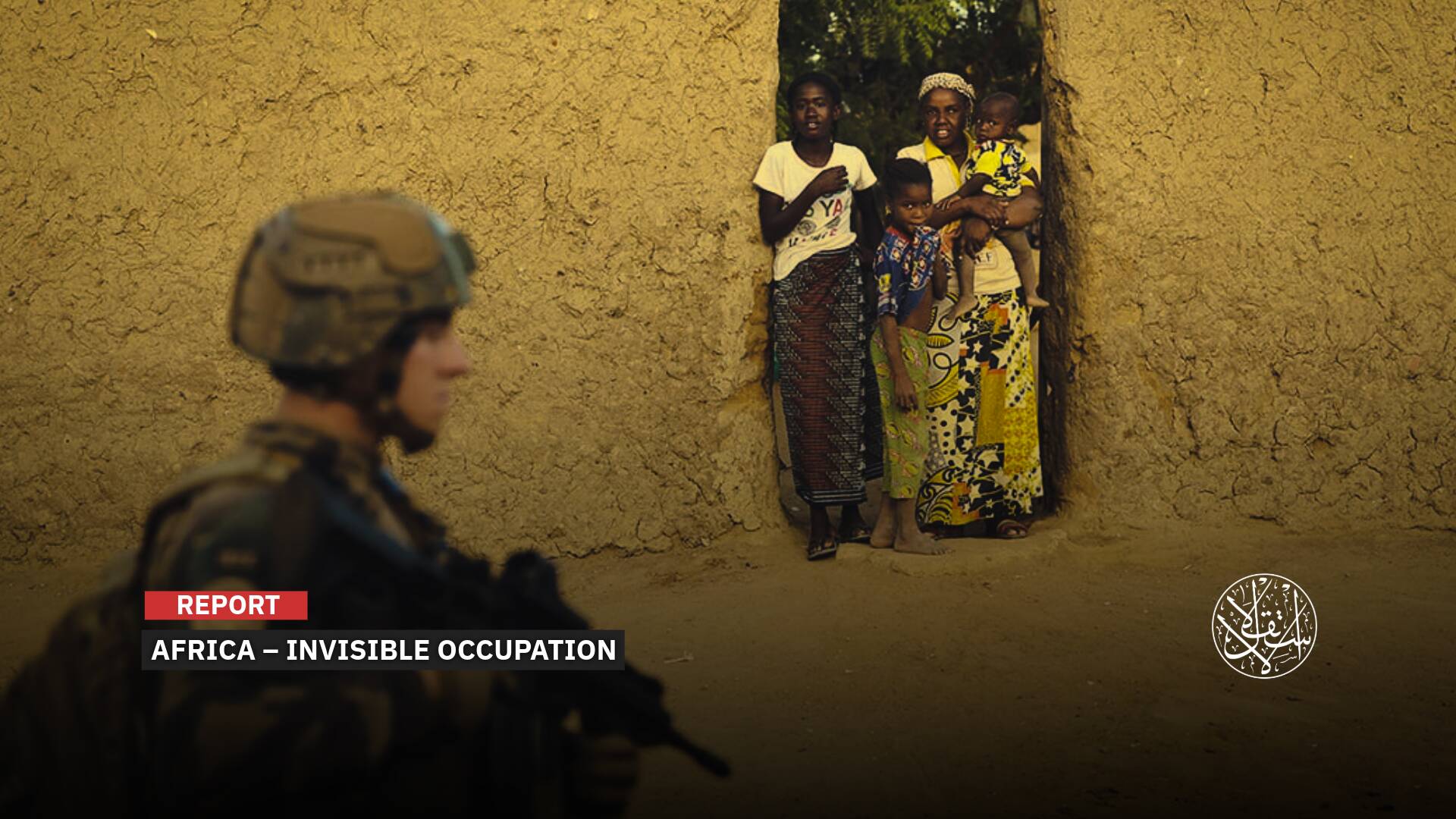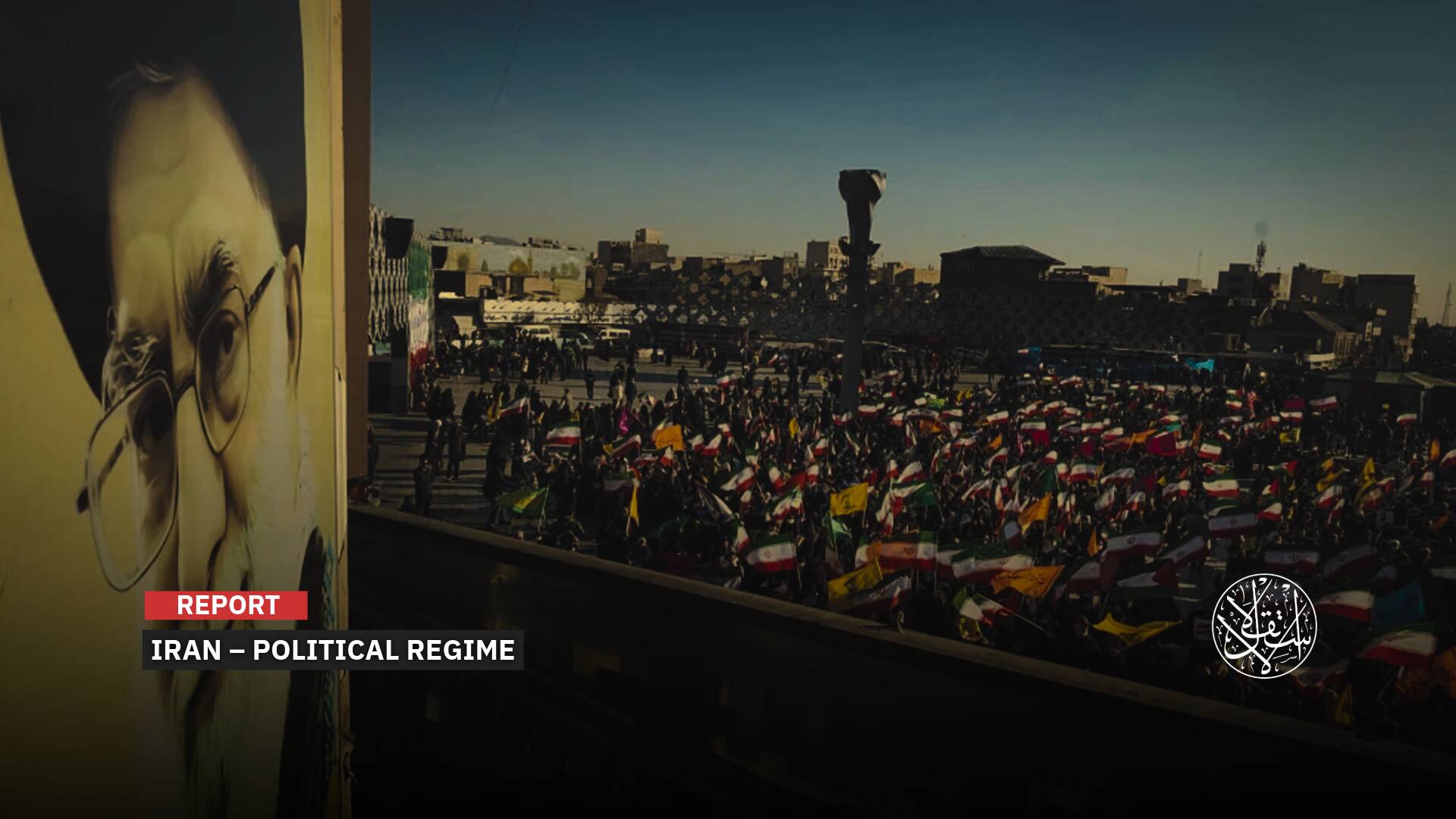Da Silva’s Victory Contributes to Stopping the Rise of the Far Right in Latin America

By winning the elections at the end of October 2022, the leftist Lula da Silva returned to the presidency of Brazil nearly 12 years after leaving office, heralding a new era in Latin America.
Da Silva received 50.9 percent of the votes in the presidential run-off, beating outgoing right-wing president Jair Bolsonaro.
Observers considered his victory a "new spring in Latin America" that comes within a social democracy that eliminates poverty and inequality, rejects extreme right-wing populism, and differs from the traditional left.
He is the seventh left-wing president to win the demands of the Latin people to support democracy and fight poverty since the start of this wave with the elections in Mexico in 2018.
Lula's return is not only a victory for the oppressed in Brazil but also a glimmer of hope for change. He has a real renaissance in previous states from 2002 to 2010, opposes military rule, supports Palestinian rights, and is hostile to Western domination.
His return represents a historical moment that stops the rise of the extreme right. He opposes the normalization with the Israeli Occupation rhetoric that the former president pursued, to the extent that his wife wears a T-shirt printed with the flag of "Israel" during the elections.
The Latin Spring looks like light and hope for those who still seek the rule of the poor and popular democracy out of the hands and fingers of the West from far-right politicians.

How Did He Win?
During the 8 years of his previous rule, Lula da Silva managed to move Brazil from a socially and economically indebted country to the eighth most powerful economy in the world.
The Zero Hunger Program was launched, which facilitated the provision of basic foodstuffs to the poor. He launched a $2.6 billion project to improve slum living conditions and provide them with electricity, potable water, and sewage networks, which benefited about 12 million Brazilians.
He worked hard to lift 30 million people out of poverty and to stand against the depletion of the country's forests. Brazilians strongly supported him after he announced that he would restore the same social democratic program and unite his divided country.
He also promised to combat the destruction of the Amazon rainforest, which has now reached its highest level in 15 years, after stakeholders and the extreme right continued to consume the country's wealth of trees for their benefit.
So, on November 1, 2022, Brazilians said that the return of Lula, the most popular in Brazil, to rule the country is a "historic moment," not only for the Brazilian people but for the whole planet, for the sake of the Amazon, democracy and human rights.
Under Bolsonaro, deforestation in the Amazon region, described for years as the "lungs of the world," has accelerated dangerously as environmental protection organizations and government agencies are shut down.
An estimated two billion trees were cut down or burned during his time in power, and his government worked indirectly to promote the interests of Brazil's agricultural trade.
Between 2019 and 2021, an area of forest larger than the entire area of Belgium disappeared, and parts of it turned from a carbon sink into another source of emissions, according to a study published in the journal Nature in October 2022.
Lula had pledged to turn a page and stop deforestation, just as he did when he was in office. So observers expect his victory to lead to a nearly 90 percent reduction in Amazon deforestation over the next decade.
All outgoing governments, parties, and coalitions lost elections in Latin America, but this is not an ideological issue, political analyst Patricio Navia from New York University said on December 22, 2021, according to Agence France-Presse.
He said that all Latin American heads of state were popular when the economic conditions were better, whether from the left or the right.
Analyst Michael Shifter of the American Dialogue Foundation explained the phenomenon by saying: People are tired of the status quo and the traditional economic and political elites, and there is a tendency to reject it.
He stressed that voting in the elections has become a weapon of citizens' protest against the economic situation and the aggravation of the crisis of inequality in wealth.
Externally, the Palestinian issue represented an essential point in Lula da Silva's electoral program during his last campaign, as he called for supporting the Palestinians' right to establish their state, and also called for the restructuring of the United Nations to make progress on major issues such as "establishing a Palestinian state."
He also repeated these calls in a meeting with the Palestinian community on June 9, 2022. In a previous visit to the West Bank in 2010, he stated that his dream was to see Palestine free and independent and live in peace in the Middle East. In the same year, he recognized its independence within the 1967 borders.
Unlike Bolsonaro, Lula has not sought to appease evangelical (pro-Israeli) voters by embracing "Tel Aviv" and engaging with right-wing Benjamin Netanyahu, who may return to power after the November 2022 elections.
Michele Bolsonaro, the wife of the defeated president, tried to provoke da Silva and sympathize with evangelical voters when she went to vote in the 30 elections wearing an Israeli flag T-shirt, but her husband was defeated, nonetheless.
This is how Michelle Bolsonaro, wife of Brazilian pres @jairbolsonaro , voted today ❤️ pic.twitter.com/YEloECESPJ
— Conservative TLV (@qumranqu) October 30, 2022
The Challenges Ahead
The unification of Brazil will be the biggest challenge for da Silva because of the state of division reflected in previous periods and the struggle between the extreme right that won for business and the left that sided with the poor and democracy.
Lula is aware of this, especially after violence erupted after his victory, so he vowed: We are one, we don't want to quarrel anymore, it's time to lay down our weapons that we shouldn't have raised in the first place.
He did not show a desire for revenge. However, he was imprisoned in 2018 after trumped-up corruption charges against him, and released after a year and a half. The verdict was rescinded after proving that he had not been subjected to a fair trial.
These calls for reconciliation and the unification of Brazil were reinforced by fears that the defeated president and his most extremist followers would not accept and reject the results of the elections, and the scenario of the attack on the Capitol Building might be repeated following the defeat of Donald Trump in the American elections, especially since the defeated Brazilian president is described as "Trump of Brazil."
Trump called on Brazilians to vote for Bolsonaro and wrote on his platform Truth Social: "Vote for President Bolsonaro, he will never let you down!" He attacked da Silva, describing him as a "mad radical leftist who will quickly destroy your country."
Oliver Stuenkel, professor of international relations at the Getulio Vargas Foundation (FGV) in Sao Paulo, advised da Silva to start with reconciliation.
"The focus should be on starting a dialogue with those who did not vote for the president, the president must be for all Brazilians," he said, as quoted by the BBC.











